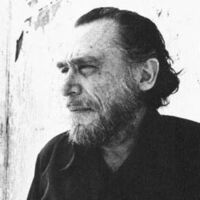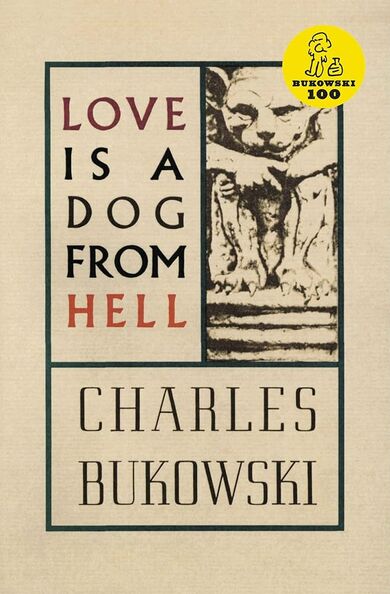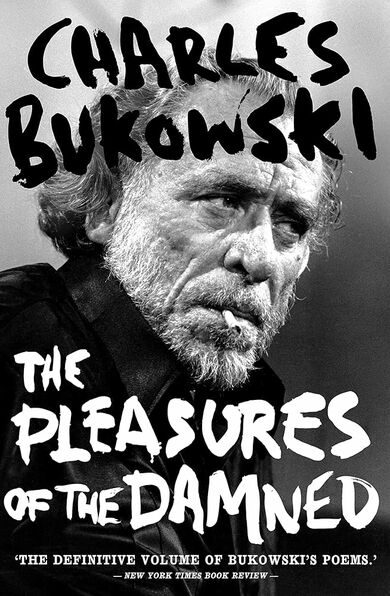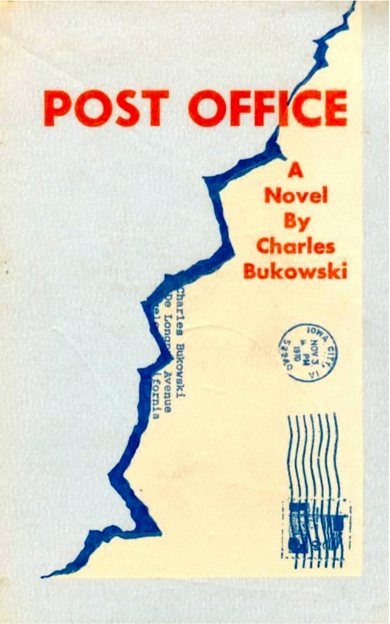The 5th grade was a little better. The other students seemed less
hostile and I was growing larger physically. I still wasn’t chosen for the homeroom teams but I was threatened less. David and his violin had gone away. The family had moved. I walked home alone. I was often trailed by one
or two guys, of whom Juan was the worst, but they didn’t start anything.
Juan smoked cigarettes. He’d walk behind me smoking a cigarette and he always had a different buddy with him. He never followed me alone. It scared me. I wished they’d go away. Yet, in another way, I didn’t care. I didn’t
like Juan. I didn’t like anybody in that school. I think they knew that. I
think that’s why they disliked me. I didn’t like the way they walked or
looked or talked, but I didn’t like my father or mother either. I still had
the feeling of being surrounded by white empty space. There was always a slight nausea in my stomach. Juan was dark-skinned and he wore a brass chain instead of a belt. The girls were afraid of him, and the boys too. He and
one of his buddies followed me home almost every day. I’d walk into the
house and they’d stand outside. Juan would smoke his cigarette, looking
tough, and his buddy would stand there. I’d watch them through the curtain. Finally, they would walk off.
Mrs. Fretag was our English teacher. The first day in class she asked
us each our names.
“I want to get to know all of you,” she said. She smiled.
“Now, each of you has a father, I’m sure. I think it would be
interesting if we found out what each of your fathers does for a living.
We’ll start with seat number one and we will go around the class. Now,
Marie, what does your father do for a living?”
“He’s a gardener.”
“Ah, that’s nice! Seat number two . . . Andrew, what does your father
do?”
It was terrible. All the fathers in my immediate neighborhood had lost their jobs. My father had lost his job. Gene’s father sat on his front porch all day. All the fathers were without jobs except Chuck’s who worked in a meat plant. He drove a red car with the meat company’s name on the side. “My father is a fireman,” said seat number two.
“Ah, that’s interesting,” said Mrs. Fretag. “Seat number three.” “My father is a lawyer.”
“Seat number four.”
“My father is a . . . policeman . . .”
What was I going to say? Maybe only the fathers in my neighborhood were without jobs. I’d heard of the stock market crash. It meant something bad. Maybe the stock market had only crashed in our neighborhood.
“Seat number eighteen.”
“My father is a movie actor . . .” “Nineteen...”
“My father is a concert violinist . . .” “Twenty . . .”
“My father works in the circus . . .” “Twenty-one.. .”
“My father is a bus driver . . .” “Twenty-two...”
“My father sings in the opera . . .”
“Twenty-three.. .”
Twenty-three. That was me.
“My father is a dentist,” I said.
Mrs. Fretag went right on through the class until she reached number thirty-three.
“My father doesn’t have a job,” said number thirty-three. Shit, I thought, I wish I had thought of that.
One day Mrs. Fretag gave us an assignment.
“Our distinguished President, President Herbert Hoover, is going to
visit Los Angeles this Saturday to speak. I want all of you to go hear our President. And I want you to write an essay about the experience and about what you think of President Hoover’s speech.”
Saturday? There was no way I could go. I had to mow the lawn. I had to
get the hairs. (I could never get all the hairs.) Almost every Saturday I
got a beating with the razor strop because my father found a hair. (I also got stropped during the week, once or twice, for other things I failed to do
or didn’t do right.) There was no way I could tell my father that I had to go see President Hoover.
So, I didn’t go. That Sunday I took some paper and sat down to write
about how I had seen the President. His open car, trailing flowing
streamers, had entered the football stadium. One car, full of secret service agents went ahead and two cars followed close behind. The agents were brave men with guns to protect our President. The crowd rose as the President’s
car entered the arena. There had never been anything like it before. It was
the President. It was him. He waved. We cheered. A band played. Seagulls circled overhead as if they too knew it was the President. And there were skywriting airplanes too. They wrote words in the sky like “Prosperity is
just around the corner.” The President stood up in his car, and just as he
did the clouds parted and the light from the sun fell across his face. It
was almost as if God knew too. Then the cars stopped and our great President, surrounded by secret service agents, walked to the speaker’s platform. As he stood behind the microphone a bird flew down from the sky and landed on the speaker’s platform near him. The President waved to the bird and laughed and we all laughed with him. Then he began to speak and the people listened. I couldn’t quite hear the speech because I was sitting too
near a popcorn machine which made a lot of noise popping the kernels, but I think I heard him say that the problems in Manchuria were not serious, and that at home everything was going to be all right, we shouldn’t worry, all
we had to do was to believe in America. There would be enough jobs for everybody. There would be enough dentists with enough teeth to pull, enough fires and enough firemen to put them out. Mills and factories would open
again. Our friends in South America would pay their debts. Soon we would all sleep peacefully, our stomachs and our hearts full. God and our great
country would surround us with love and protect us from evil, from the socialists, awaken us from our national nightmare, forever . . .
The President listened to the applause, waved, then went back to his
car, got in, and was driven off followed by carloads of secret service
agents as the sun began to sink, the afternoon turning into evening, red and gold and wonderful. We had seen and heard President Herbert Hoover.
I turned in my essay on Monday. On Tuesday Mrs. Fretag faced the class. “I’ve read all your essays about our distinguished President’s visit to
Los Angeles. I was there. Some of you, I noticed, could not attend for one reason or another. For those of you who could not attend, I would like to read this essay by Henry Chinaski.”
The class was terribly silent. I was the most unpopular member of the class by far. It was like a knife slicing through all their hearts.
“This is very creative,” said Mrs. Fretag, and she began to read my
essay. The words sounded good to me. Everybody was listening. My words filled the room, from blackboard to blackboard, they hit the ceiling and bounced off, they covered Mrs. Fretag’s shoes and piled up on the floor. Some of the prettiest girls in the class began to sneak glances at me. All the tough guys were pissed. Their essays hadn’t been worth shit. I drank in my words like a thirsty man. I even began to believe them. I saw Juan sitting there like I’d punched him in the face. I stretched out my legs and leaned back. All too soon it was over.
“Upon this grand note,” said Mrs. Fretag, “I hereby dismiss the class .
. .”
They got up and began packing out.
“Not you, Henry,” said Mrs. Fretag. I sat in my chair and Mrs. Fretag
stood there looking at me. Then she said, “Henry, were you there?”
I sat there trying to think of an answer. I couldn’t. I said, “No, I
wasn’t there.”
She smiled. “That makes it all the more remarkable.”
“Yes, ma’am . . .”
“You can leave, Henry.”
I got up and walked out. I began my walk home. So, that’s what they wanted: lies. Beautiful lies. That’s what they needed. People were fools. It was going to be easy for me. I looked around. Juan and his buddy were not following me. Things were looking up.






